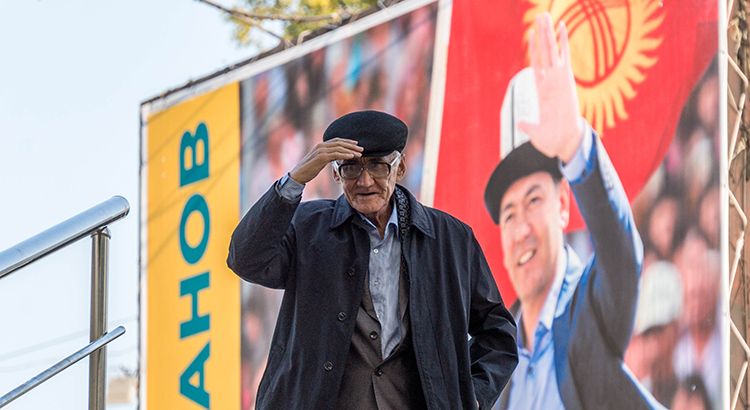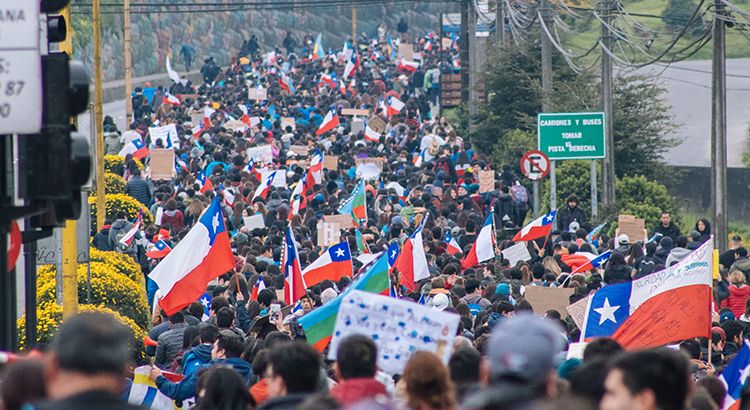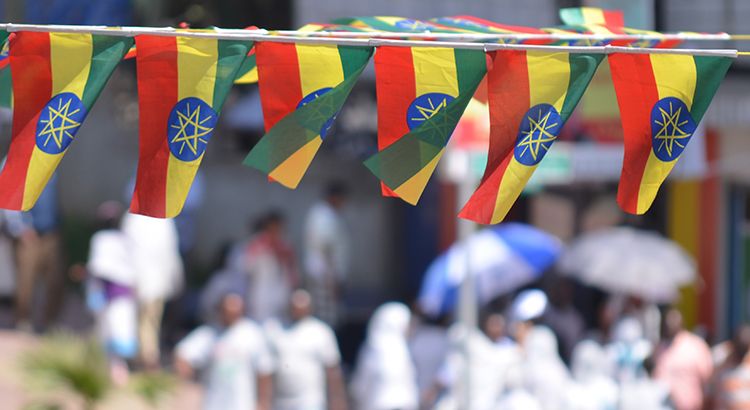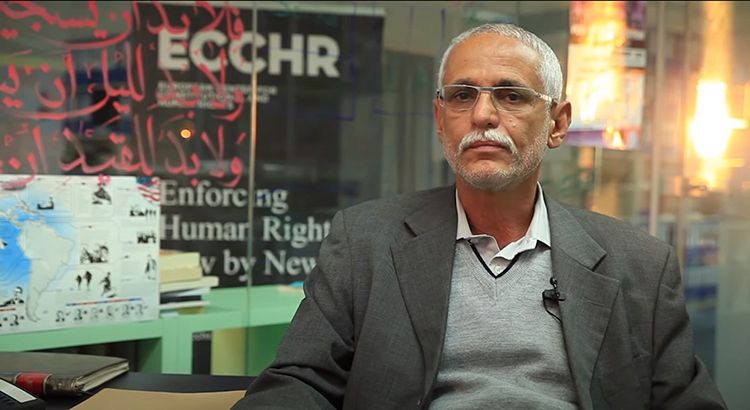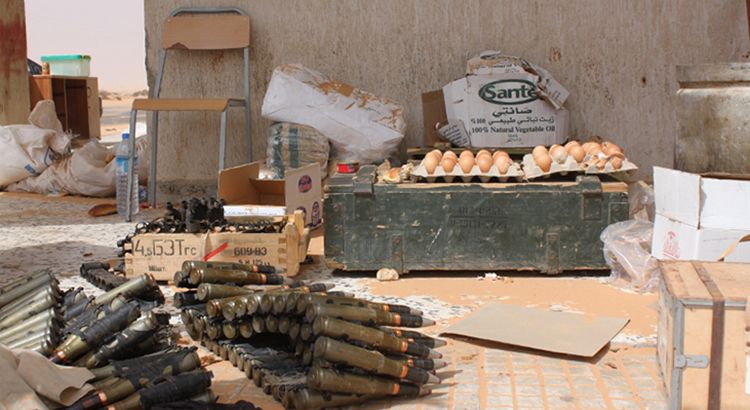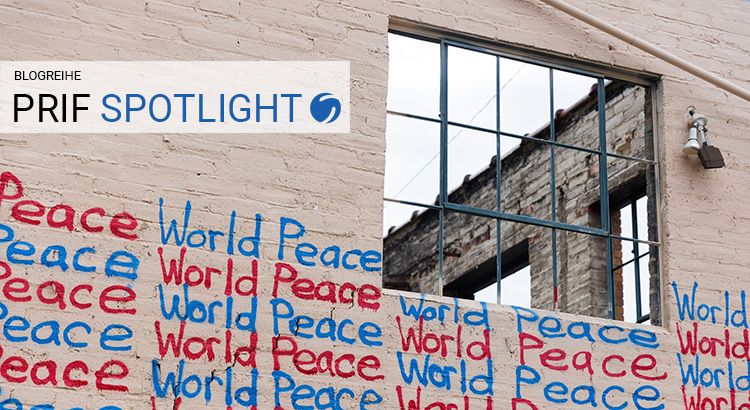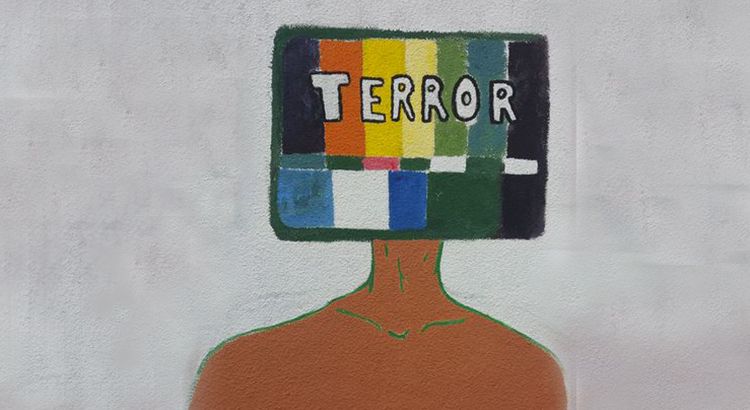Monat: Dezember 2020
Die Themen Extremismus, Radikalisierung, Terrorismus und Terrorismusbekämpfung sind aus der gesellschaftlichen Debatte in Deutschland nicht mehr wegzudenken. Diese findet oftmals in einem Modus der Aufgeregtheit statt, sodass wichtige wissenschaftliche Erkenntnisse, Differenzierungen und Querverbindungen sowie kritische Blickwinkel auf diese Phänomene nicht immer angemessen berücksichtigt werden. Die Forschungsgruppen Radikalisierung und Terrorismus stellen deshalb eine kleine Liste von lesenswerten Werken im Feld zusammen. Und während es zunächst so scheinen mag, als wären die Themen wenig für die besinnliche Zeit geeignet, so sprechen sie doch große Herausforderungen gesellschaftlichen Wandels zugänglich an – und tragen somit zu besser informierten Debatten bei: ein Geschenk für alle. Wir wünschen eine entspannte Zeit mit spannenden Büchern!
Kyrgyzstan Before the Presidential Elections
Kyrgyz citizens will vote for a new president on 10 January 2021. Protests have caused the annulation of the parliamentary elections of 04th October 2020 which resulted in a series of high-ranked officials’ resignations and the third ouster of a president in the country’s recent history. Since then, the political landscape is changing quickly. Recent developments, including an initiated constitutional reform process, cast doubts on the future democratic path of Kyrgyzstan.
One Year Later: The Legacy of Latin America’s 2019 Mass Protests
Between October and December 2019, mass protests swept Bolivia, Chile, Colombia and Ecuador. A year later, the legacies of these episodes of contention look very different. While in Chile protests enforced the initiation of a constitutional reform process that continues on track, recent elections in Bolivia reversed last year’s political about-face. In Ecuador and Colombia, the 2019 mass protests did not initiate comparable policy changes to begin with – but this doesn’t mean they had no lasting effects.
„The Future is Bright“ – A Way Forward for the Tigray Conflict
Since a few weeks, we observe violent clashes between government forces and local authorities in Tigray, a region in Northern Ethiopia. The Central Government under the rule of Prime Minister Abiy Ahmed has sent military troops into the region in order to implement law enforcement measures. To understand the conflict and to discuss ways forward, Samantha Ruppel talked with Dr. Yonas Adaye Adeto, Director and Assistant Professor of Peacebuilding and Security Governance in Africa at the Institute for Peace and Security Studies (IPSS) at Addis Ababa University. In the interview, Dr. Adeto argues that ethnic politics is the root cause of the conflict and describes the most important aspects of a successful conflict resolution.
Kein Schutzanspruch gegen Drohnenangriffe? Das Urteil des BVerwG zu US-Drohneneinsätzen im Jemen mittels Ramstein
In der Entscheidung des Bundesverwaltungsgerichts (BVerwG) vom 25. November 2020 zur Nutzung der US-Luftwaffenbasis Ramstein für Drohneneinsätze erkennt das Gericht erstmals die grundsätzliche Möglichkeit des Bestehens einer extraterritorialen Schutzpflicht der deutschen Staatsgewalt an. Danach können auch gegenüber im Ausland lebenden Ausländerinnen und Ausländern im Fall von Grundrechtsbeeinträchtigungen durch andere Staaten grundrechtliche Schutzpflichten bestehen. Bisher waren derartige Pflichten zum Ergreifen von staatlichen Schutzmaßnahmen lediglich in Inlandsfällen oder gegenüber Deutschen im Ausland anerkannt. Ungeachtet dieses grundsätzlichen Fortschritts wies das BVerwG jedoch im konkreten Fall einen individuellen Anspruch auf Schutz des Lebens dreier Kläger aus dem Jemen gegen die Bundesrepublik Deutschland zurück. Die folgenden Überlegungen beruhen auf der mündlichen Urteilsbegründung.
From Legal to Illegal Transfers: Regional Implications of Weapon Flows to Libya
The recent denial of access to a Turkish freighter for German soldiers of the European Union Naval Force Mediterranean Operation IRINI is the latest example of the difficulties arising from the UN-imposed arms embargo in Libya. Since 2011, countries such as Turkey, Qatar, the United Arab Emirates, Jordan, Egypt, Russia and France have continued to transfer large quantities of heavy military equipment to the North African State. In particular, Small Arms and Light Weapons (SALW) remain a major problem. Changes in the intensity of the Libyan conflict could lead to a growing spread of arms in the whole region and further complicate the overall security situation at the expense of domestic populations.
Multilateralismus nach Trump. Zurück zur kooperativen Weltordnung?
Insbesondere aus europäischer Sicht stand die Präsidentschaft Donald Trumps für den Rückzug der USA aus einer kooperativen Weltordnung – und nicht nur das: Sie stand für die Obstruktion dieser Ordnung. Eröffnet ein Wechsel im Weißen Haus die Chance, zu ihr zurückzukehren? Der nachfolgende Text argumentiert, dass die kooperative Weltordnung, von der heute rückblickend die Rede ist, mehr Hoffnung als Wirklichkeit war. Sie wird es auch weiterhin bleiben. Es wäre aber fatal, daraus den Schluss zu ziehen, dass es gar keinen Zweck hätte, immer wieder neu auf sie hinzuarbeiten.
Burkina Faso nach den Wahlen: „Wir werden einen neuen Stil der Opposition erleben.“
Im fünften und letzten Interview der Blogreihe zu den Wahlen in Burkina Faso haben Simone Schnabel und Antonia Witt mit dem Politikwissenschaftler Dr. Abdoul Karim Saidou gesprochen. Saidou lehrt an der Universität von Ouagadougou und arbeitet am Centre pour la Gouvernance Démocratique du Burkina Faso (CGD), einem Think Tank in Ouagadougou, der sich für Demokratisierung und gute Regierungsführung einsetzt. Dr. Abdoul Karim Saidou arbeitet zu Themen der Demokratisierung und Sicherheitssektorpolitik und hat in internationalen Fachzeitschriften publiziert.
Who are these “Islamists” everyone talks about?! Why academic struggles over words matter
Politicians, the media, and social media users alike have framed recent attacks in Europe as instances of “Islamist” violence. The current debate often remains superficial and uses the umbrella term of “Islamism” to describe a diverse spectrum of actors, ideologies, and activities. Notably, conflating Salafi jihadism with other manifestations of Islamism risks consolidating a unified enemy image of “the Islamists” – or, even worse, Islam. This blogpost aims at disentangling these labels, in particular pointing out two discursive pitfalls: the securitisation of Islam and Muslim communities, and the equation of Islamism with terrorism.

